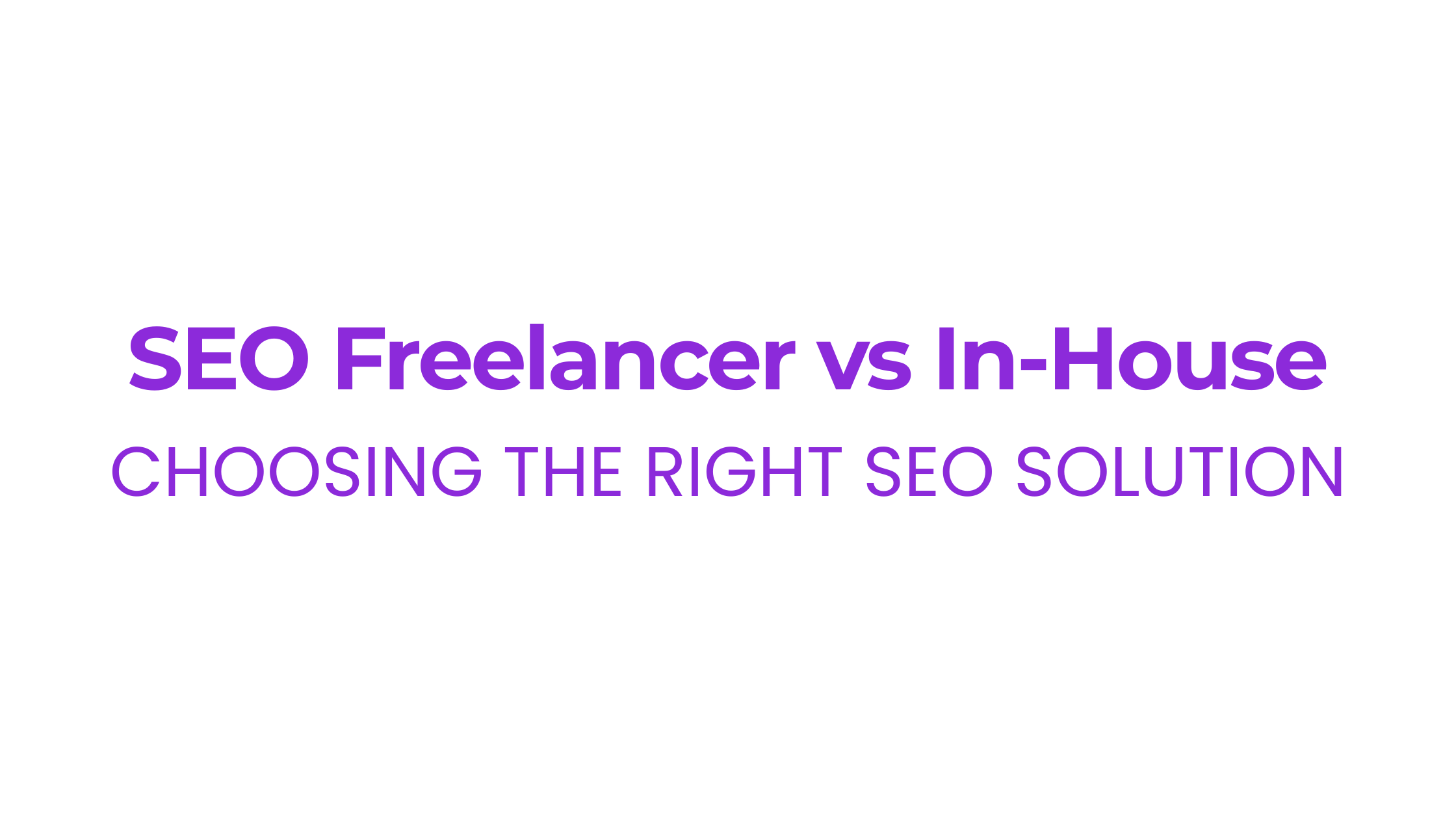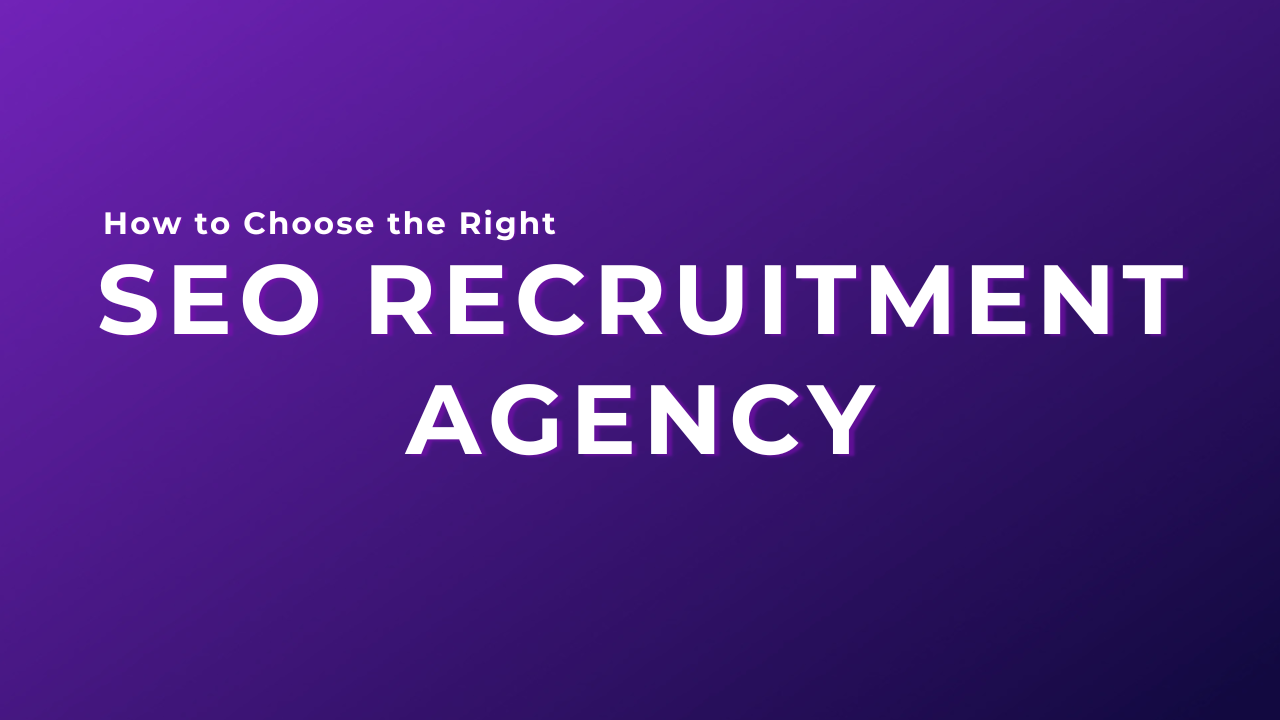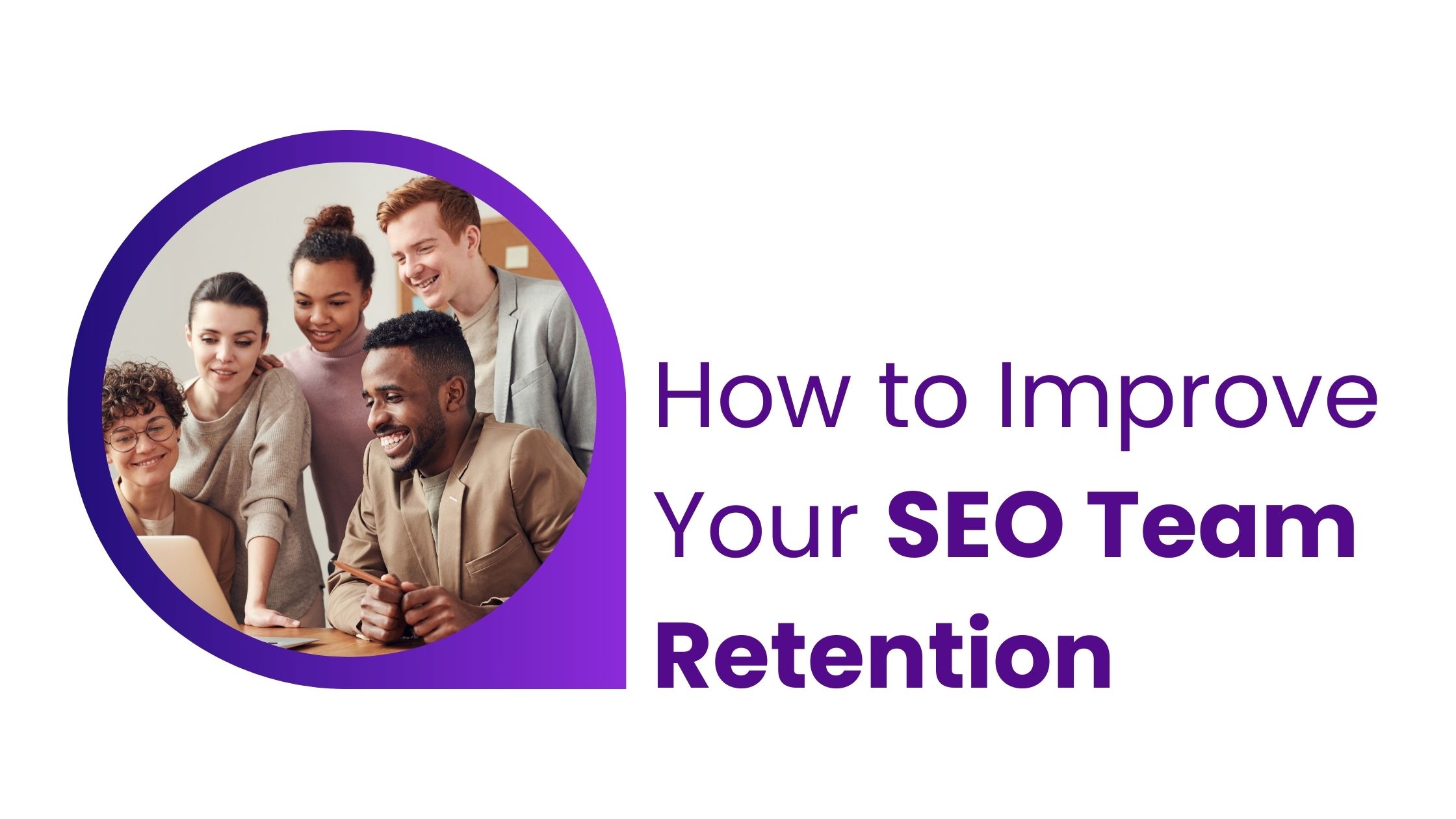In ‘Diary of an SEO’, our hour-long podcast series in which we aim to bring on SEO industry leaders; one of our main highlights in 2023 was bringing on and discussing the future of SEO with SEO Growth Advisor, Consultant and Strategist, Eli Schwartz to discuss his insights on what makes a powerful SEO strategy.
Eli joined in conversation with Josh and Craig in a powerful discussion over the future opportunities and market gaps for SEOs to truly shine in the coming years.
The entire team still reflect on Eli’s words and insight, and felt it fitting to start the year off with a few highlights from one of our favourite podcasts of 2023.
A brief background on Eli Schwartz:
Eli works with companies to help them understand where/if there is an opportunity with SEO. If there is potential for SEO opportunities, Eli will then partner and collaborate with their teams to seize the opportunity and build effort upon that.
Eli refers to his approach as ‘product-led SEO’, because he looks at SEO as a channel to appeal to users; therefore, there has to be something tangible within that channel. If there isn’t, he finds that companies can tend to mistakenly spend too much money on SEO, to then only discover there’s no SEO user.
‘Companies spend money but then they realise it’s because no one’s looking for their products online, so you create all this content, theoretical rankings, but no one googles those terms when someone wants to buy a product, so they don’t find/buy anything.’
As a consultant, Eli will partner with companies to understand who their user is and work with them as a product/marketing consultant rather than a solely SEO consultant. In doing so, he meets a lot of interesting marketers and SEOs, and ends up helping more people find jobs.
Here are a few highlights from our podcast with Eli:
“I personally think the best way a company should do SEO, is with a full time employee, because I think of SEO as a part-in-parcel of a company’s product–which I call product-led SEO… and its not something you can outsource.’’
Eli emphasises this by adding that, if SEO is plugged into the buyer’s journey, and plugged into the way you position the company, then that’s the best space to utilise your SEO team and resources.
This means that having a full time SEO in meetings, talking to the marketers, to the product team, designers, etc. and hearing from execs about who the customer is, and then having the SEO team go out and build that journey is the most effective way to position the resources of SEO.
When asked on the importance of hiring full time SEOs, Eli emphasises ‘the lost two years’ — where progress simply stagnates. Eli emphasise that trying to short-cut growth with a freelancer or contractor simply won’t offer the same benefits as someone who is full time, in house.
“Agency deliverables are typically not aligned with building an SEO channel, they’re aligned with filling an SEO channel if u already know what you want to do, but they’re not aligned with building the channel.”
Eli adds that for companies who want to build an SEO channel now, they have no choice but to either put it on hold or hire someone full time.
Eli advises on what SEOs can do to standout in the interview stages, and land the job:
“Most SEOs have a hard time communicating effectively;” Eli states, “so they communicate with SEO, but CEOs don’t care about SEO fixes, they care about revenue.”
This point is further emphasised when Eli presents his example: when he’s working with a client, he puts a goal in the statement of work. If they can’t articulate the goal properly, then they’re not doing anything. If they present a meaningful goal, then you know you (as an SEO) can see a realistic and reasonable goal to be able to put numbers on those goals, and see the effort-to-outcome alignment.
Eli concretes his point by advising that SEOs should be speaking in terms of unlocking revenue, and opening unforeseen opportunities. Building on the ability to articulate that the company/client is losing on what they invested in if they stop halfway, is key to emphasising their goals.
Eli adds: you’ll never lose anything, but you won’t unlock anything either, if you just give up halfway through the process.
Where can SEOs learn to communicate like this?
Eli emphasises that it’s a learnable practice, and then explores the concept of the RICE method for prioritisation and it’s place within a strong SEO strategy:
RICE, which used to be called the ICE method, stood for: impact, confidence, effort; with the additional ‘R’ now highlighting: reach.
Eli explains that in the process, you put down all the things you want to do around SEO and you say this is how many people it’s going to reach, the impact it’s going to have, how confident you feel about the SEO strategy, and the effort required.
“Most SEO’s don’t bother with this when they see a 404, they feel the need to fix it right away-without exploring the impact. For instance, one may think, ‘If I fix this 404, then I can’t potentially fix that new CMS because I’ve used up my political capital.’ If you take all your SEO ideas and lay them down on this [RICE method].
I do this with entire marketing teams, and then I earn internal capital by saying: your effort to use internal designers, change the Facebook ads, etc. will churn more ROI than me launching a new CMS. So you go first, because it’s important for the company’s bottom line, and I’ll go second. Now I’ve earned capital that they’ll now say, next time around – i’m right, and that according to our methodology, launching a CMS is more important, so they’re behind us launching the new CMS.”
Eli ran a survey on Linkedin once where 100+ respondents replied that only 50% of their projects ever launch–this means that they’re not being communicated effectively, they’re not getting buy-in effectively.
Eli emphasises that if SEO can see that’s where the problem is, they can solve that. Managers can help identify and hire SEOs that they can train up to think like this: ‘I’m fixing 404s because I’m unlocking revenue.’, or it can be “I’m fixing 404s because that’s my task.”
So, with this in mind, how can an agency-side SEO effectively move to in-house within six months?
Eli begins by stating that he’s not sure every company was/is as picky as he was, and that it’s not too difficult to move in-house, but it is a huge cultural adjustment because companies move at a different pace.
If he were hiring, he would want to see someone who’s been able to say they (in their previous experience), identified a problem, communicated the problem and owned the fix. Adding that that’s usually not what happens at an agency.
Concreting the statement by adding that he’s an agency right now, and he has expertise but no authority:- he can’t tell anyone what to do.
In an agency, your path will lead into sales. In-house, you will have SEO career growth – that decision is up to you, but you must note the considerable cultural changes when shifting from agency to in-house.
If you are interested in listening to the full episode, you can find it on Youtube and Spotify.
Looking to grow your agency with a powerful SEO strategy and the best SEO talent? SEO for Hire have a constant stream of pre-vetted, A-player SEOs ready to join your team!
Book in a discovery call, we’d love to discuss how we can help strengthen your SEO team.



